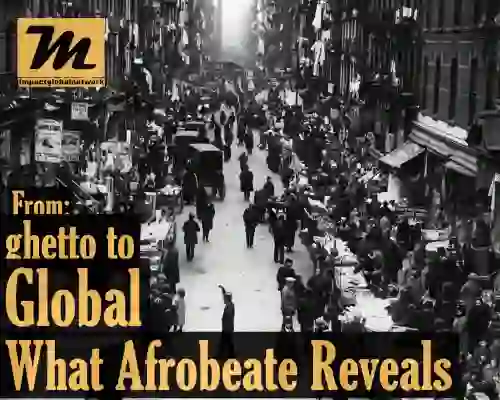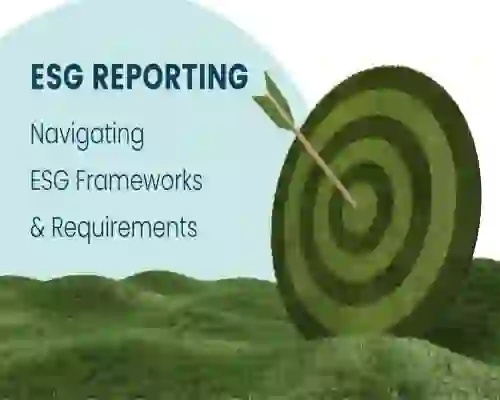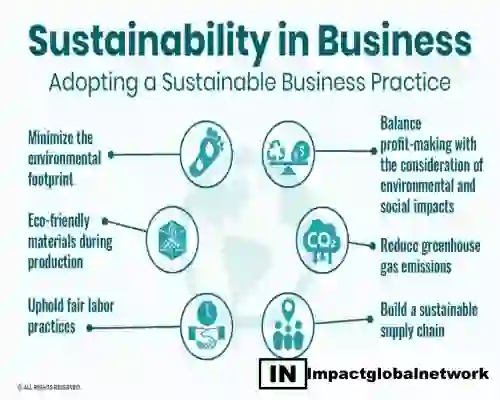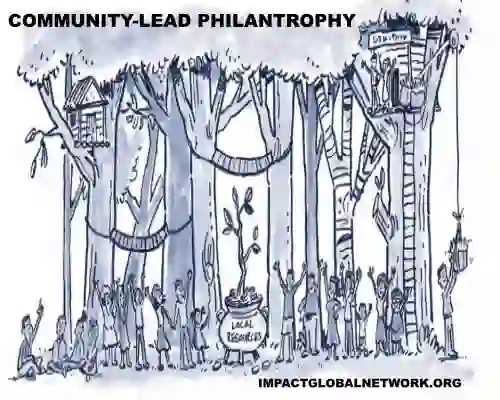Afrobeats: Sound Originating from Struggle and Identity
From the busy streets of Surulere to Los Angeles where the Grammy is usually hosted, the significant rise of Afrobeats tells a story that transcends music— it shows identity and resilience. This type of music, now a globally recognized genre did not come from elite studios or networks, but from the actuality of economic hardship, ghetto life and a burning desire to speak out and be heard.
Resilience is actually the secret rhythm that makes the ghetto journey to the Grammy stage so powerful and not just the music. This speaks to how most artist when faced with the realities of insecurity, poverty and rejection, used creativity and identity as a cornerstone for resistance, survival and expression. Currently in Nigeria today, this situation represents the reality of most young people: pushing through deep rooted challenges with courage, determination, and vision.
Every Beat is Characterized by Resilience
Resilience is not just a saying — it is the reality of many creative minds in Nigeria. For the likes of Tems, Wizkid and Burna Boy, their journey to success wasn’t enabled with privileges but rather with a determination to succeed. They navigated through street violence, power outages, and industry bottlenecks with little or no influence to becoming global figures.
The lyrics of their songs, sometimes reflects— their survival, resilience, hope and hustle. In a country like Nigeria where access to opportunities is unequal, as they often say in the local palace “life no balance”, however, Afrobeats has provided the platform, proving that talent and creativity have the capacity of going beyond class, circumstances and geography. When backed with absolute resilience.
Today, Countless youths in Agege, Ajegunle Mushin and other ghettos in Nigeria, also relates their stories in these beats — signaling that shared struggles is the solid connection between the artist and the street. Music has gone beyond entertainment, it is infect a survival anthem.
The Influence of Cultural Identity
As resilience is empowering the hustle, identity drives the message home. Artist whose styles is afrobeat most of the time do not try to copy western pops, rather they embrace native dialects, pidgin English, unapologetic local narratives and African fashion. They use their songs to tell a story about their growing up, local community love and hustle or their struggles. They do not hide his cultural awareness — they celebrate it.
Most often, African voices are either sidelined of misunderstood, but Arobeats is changing the narratives, it daringly says “We are here, and we define ourselves.” This bold cultural identity make Afrobeats a movement and not just a music for entertainment. A stack remainder that authenticity is key to relevance in the global stage.
Lessens for the Nigeria and the world.
Investments in spaces that support identity and resilience is the way to go, if we want to empower the next generation of people, this clearly suggests that leaders, development organizations and educators should support the creative industries, enhance equal access to funding and provide the platforms needed for silent voices to be heard.
Nigeria could be great if the determination found in music studios was supported in our tech hubs, schools, and governance spaces. Lessens from Afrobeats highlights the fact that cultural identity and resilience can create a new pathways where systems have failed. Imaging how far we could have gone if these paths are easy to navigate
From the Street to the Stage, and Still Going Strong
To say that the impact of Afrobeats is a win for Nigeria is simply underestimating its real impact globally — it is a global case study for turning pressure into creativity. It is an affirmation that resilience supported by deep identity assures that greatness is possible and inevitable.
From overlooked to overbooked, ghetto to global charts, Arobeats is a testament to creativity and rising above struggles, and not to be defined by these setbacks. Arobeats stands as the sound of resilience, and the rhythm of identity — and this is just the beginning.









